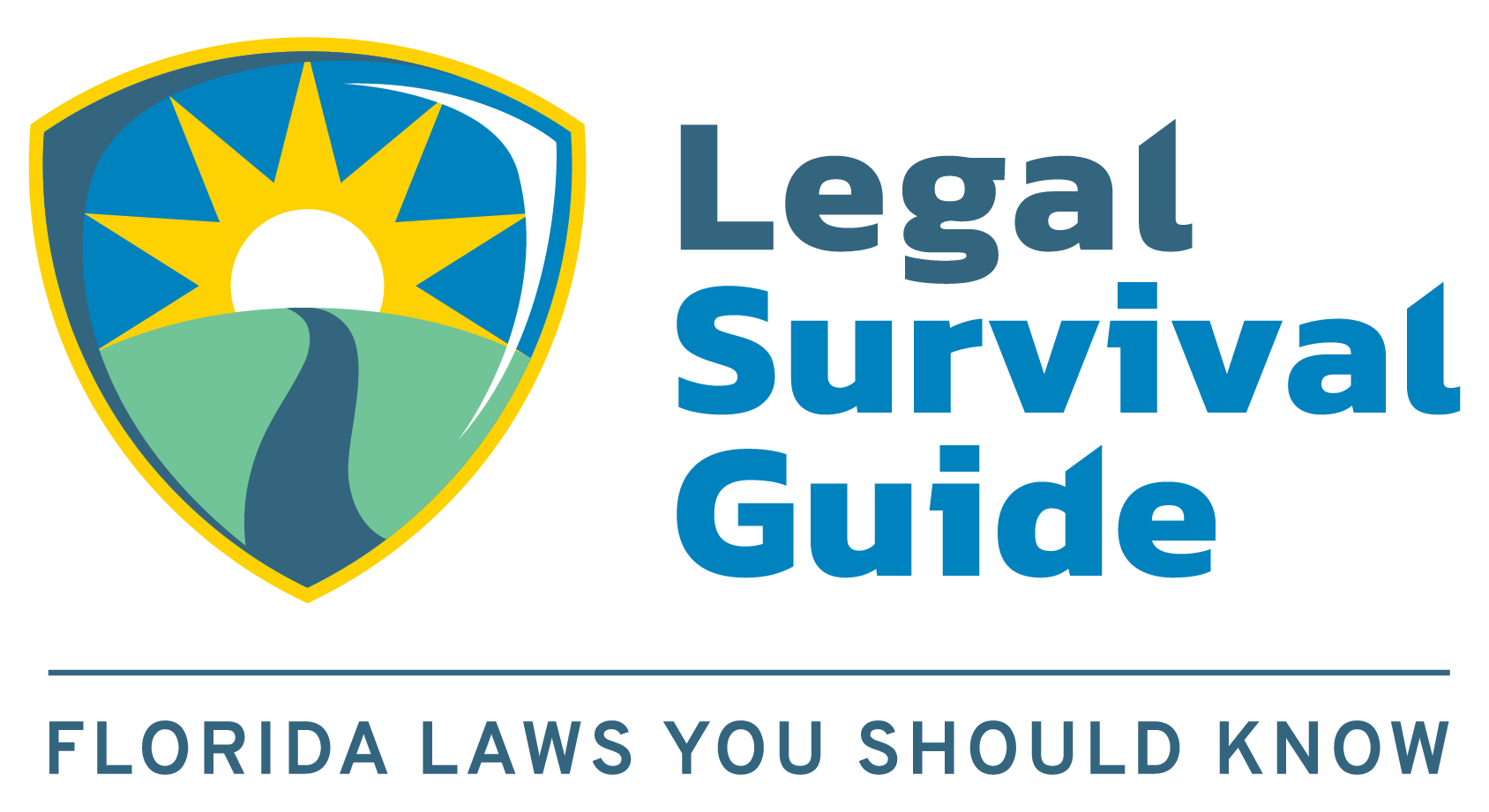Generally, a traffic stop is considered reasonable, and therefore legal:
- If the police have a legitimate reason (called “reasonable suspicion”) for stopping the motorist in the first place, and
- If police reasonably conduct the roadside detention.
Random Traffic Stops
Law enforcement officers cannot engage in random stops of drivers to check licenses and registrations. If an officer pulls you over for a traffic stop, the officer may detain you for the amount of time it takes to issue the citation and that time must be reasonable.
Searching Your Vehicle
Unless a law enforcement officer has probable cause, or you consent, the officer cannot search your vehicle after you’ve been stopped. An officer may have probable cause to search your vehicle without a search warrant if there is evidence of a crime or contraband in your car. If officers have probable cause to conduct a warrantless search of your car, the search is limited to the object of the search and the places where it may be found.
What does all this mean? Suppose an officer properly pulls you over for speeding, but when you put down your window, the officer clearly sees a small baggie of powder cocaine. The officer may now search your car, without a warrant, because of the plain view of the cocaine. Officers would be allowed to search any spot where they might reasonably find cocaine within the vehicle, such as the center console, glove box, trunk, and even any bag large enough to hold cocaine.
For more driving information, please refer to the Florida Highway Safety and Motor Vehicles.

